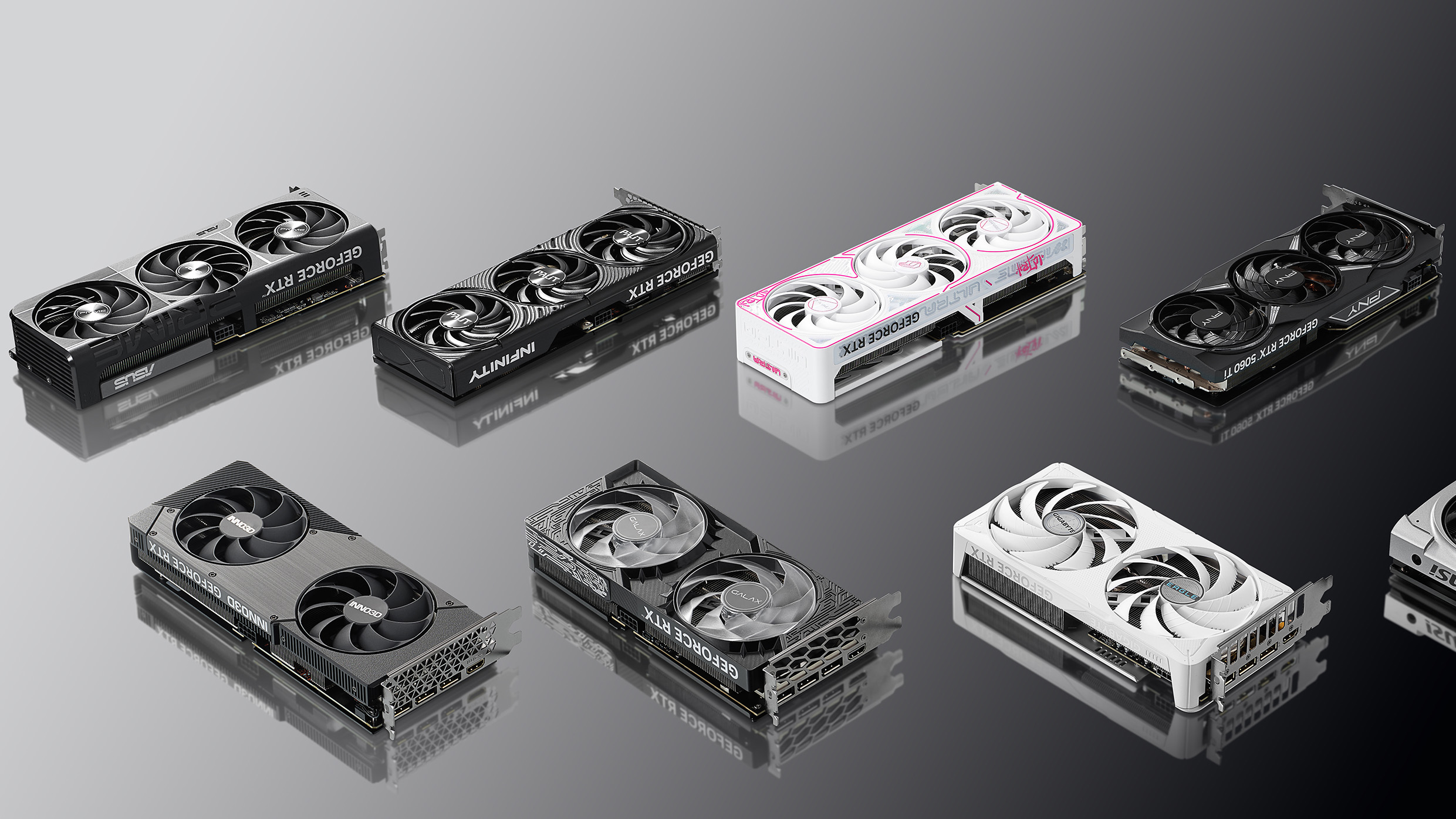Is the Samsung Galaxy Tab E Worth It?
Android tablet makers had a valiant run at the iPad in its early days, but the competition has slowed down as Chrome OS and Windows 10 tablets and convertibles are now flooding the market.
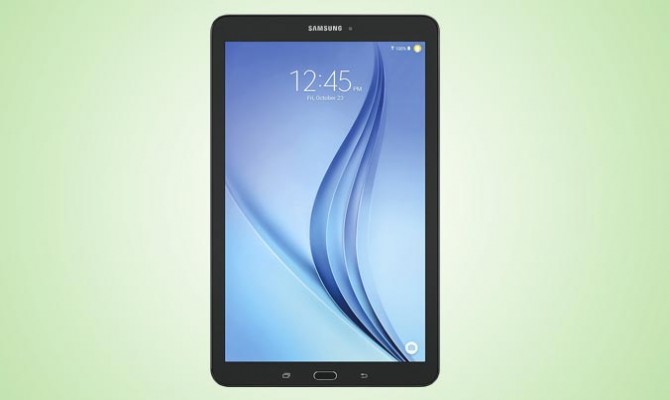
Samsung, however, still offers a slew of low-priced Android tablets, including the popular Galaxy Tab E. This budget tablet hasn't been updated in several years, but it's still worth your consideration at its current $150 price. However, at the right price, the similar Galaxy Tab A is the better buy.
| Row 0 - Cell 0 | Galaxy Tab E (9.6-inch) | Galaxy Tab E (8-inch) | Galaxy Tab E Lite (7-inch) |
| Price | $149.99 | $149.99 | $69.99 |
| Colors | Black | Black | White |
| Display | 9.6-inch, 1280 x 800-pixels | 8-inch, 1280 x 800-pixels | 7-inch, 1024 x 600-pixels |
| CPU | Qualcomm Snapdragon 410 | Qualcomm Snapdragon 410 | Quad-core |
| RAM | 1.5GB | 1.5GB | 1GB |
| Storage | 16GB | 16GB | 8GB |
| Ports | micro USB | micro USB | micro USB |
| Size | 9.5 x 5.9 x 0.4 inches | 8.4 x 5.0 x 0.4 inches | 7.6 x 4.6 x 0.4 inches |
| Weight | 1.2 pounds | 0.8 pounds | 0.7 pounds |
Buy Galaxy Tab E (9 inch) on Amazon.com
There are several versions of the Galaxy Tab E being sold online. We're going to take a look at each of the available models so you don't spend your money on an outdated product.
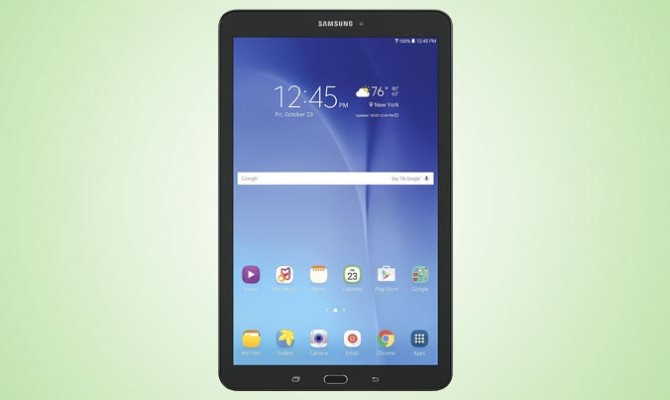
The easiest ways to differentiate each Galaxy Tab E model is by their display sizes and Android- operating system version. The original 9.6-inch Galaxy Tab E was released back in 2014, running Android 5.1. This larger version is powered by a quad-core 1.2GHz Qualcomm Snapdragon 410 CPU and comes with 1.5GB of RAM and 16GB of storage. A microSD card slot allows you to expand to up to 128GB of storage space.
Buy Galaxy Tab A on Amazon.com
The 8-inch version of the Galaxy Tab E, released a year later, has very similar specifications — a Qualcomm Snapdragon 410 CPU, 1.5GB of RAM and 16GB of storage — but it supports LTE connectivity for AT&T, T-Mobile and Verizon networks.
Stay in the know with Laptop Mag
Get our in-depth reviews, helpful tips, great deals, and the biggest news stories delivered to your inbox.
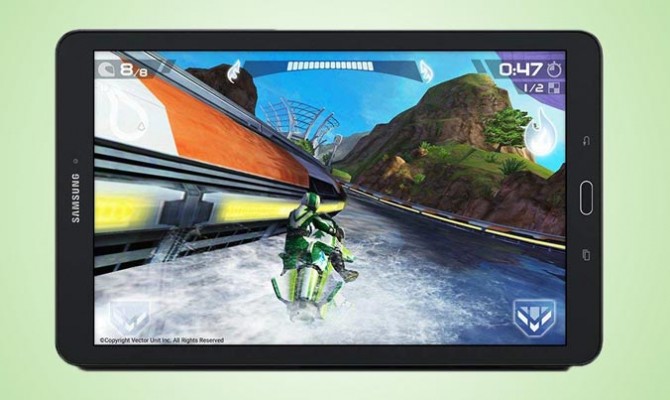
Owners of either version of the Galaxy Tab E are happy with the tablets' performance and their display quality, based on thousands of reviews averaging between 4.2 and 4.6 stars on Best Buy and Amazon. Conversely, some users took issue with the quality of their 2- and 5-megapixel cameras and poor speaker output.
MORE: Kids Tablets to Buy (or Avoid)
While the overall reception of the Galaxy Tab E is overwhelmingly positive, it's important to remember that this tablet was released four years ago, when our demands for mobile devices weren't what they are today. Compared with modern smartphones and tablets, the Galaxy Tab Es' display resolution of 1280 x 800 is poor, and their processor underpowered. Also, keep in mind that Google no longer supports Android 5.1 Lollipop, so you'll want to update to the latest Android 7.1 Nougat OS.
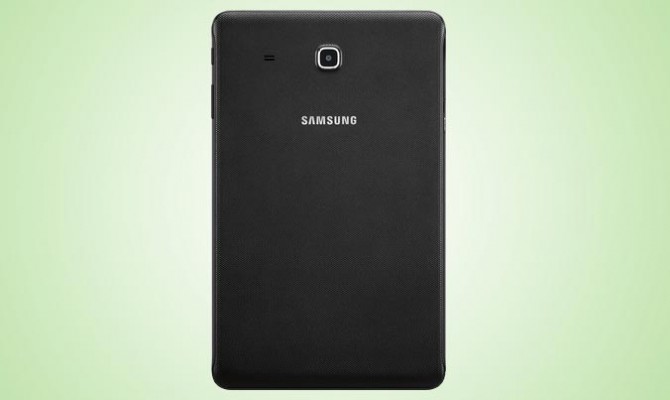
The Galaxy Tab E is a solid low-budget tablet for everyday use, but the Galaxy Tab A, an updated version of the 8-inch Galaxy Tab E, has twice the storage, a more powerful processor, and runs Android 7.1 Nougat OS out of the box. You can occasionally find the Galaxy Tab A on sale for around $150, making it a better buy than the Galaxy Tab E.
There is a third version of Samsung's budget tablet called the Galaxy Tab E Lite. I suggest you ignore the enticing $70 price and stay far away from it. The tablet runs an ancient version of Android — Android 4.4 KitKat — and sports a fuzzy 7.0-inch, 1024 x 600-pixel display.
Credit: Samsung
Phillip Tracy is the assistant managing editor at Laptop Mag where he reviews laptops, phones and other gadgets while covering the latest industry news. After graduating with a journalism degree from the University of Texas at Austin, Phillip became a tech reporter at the Daily Dot. There, he wrote reviews for a range of gadgets and covered everything from social media trends to cybersecurity. Prior to that, he wrote for RCR Wireless News covering 5G and IoT. When he's not tinkering with devices, you can find Phillip playing video games, reading, traveling or watching soccer.

